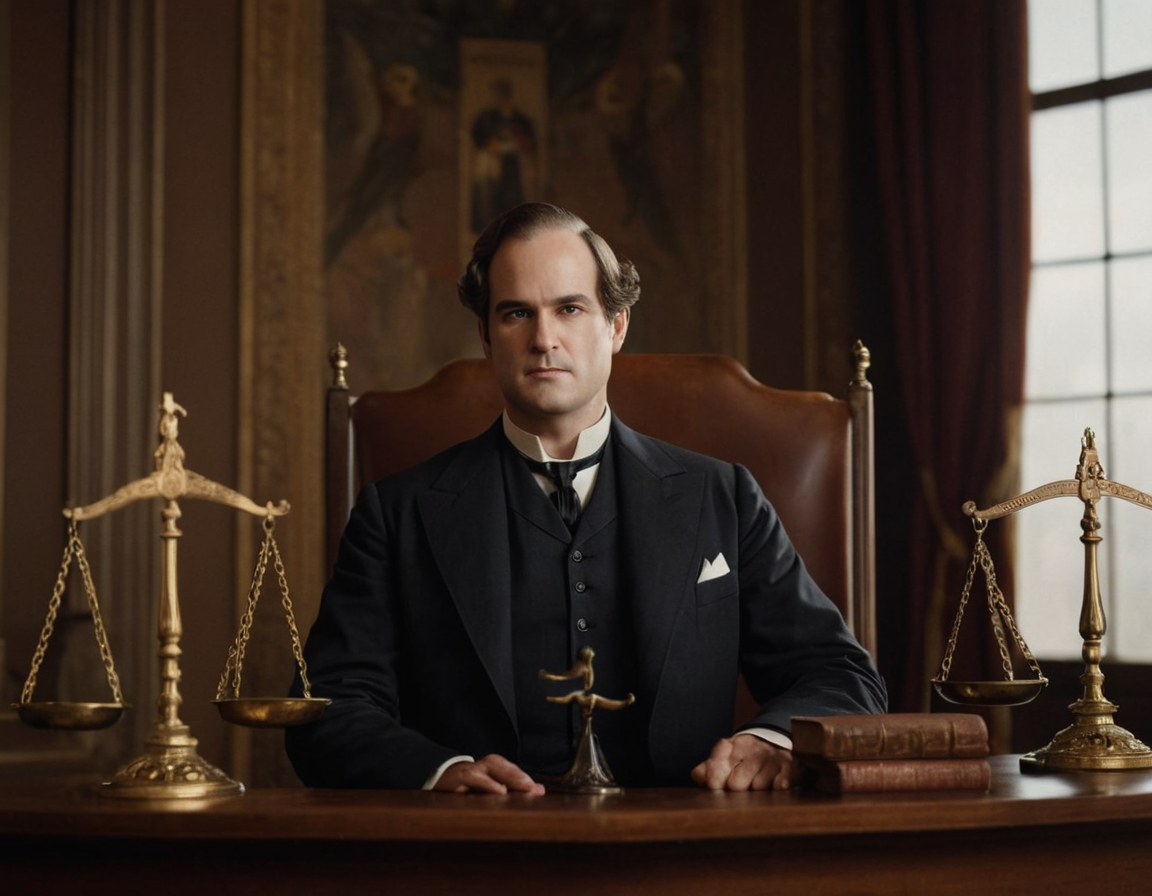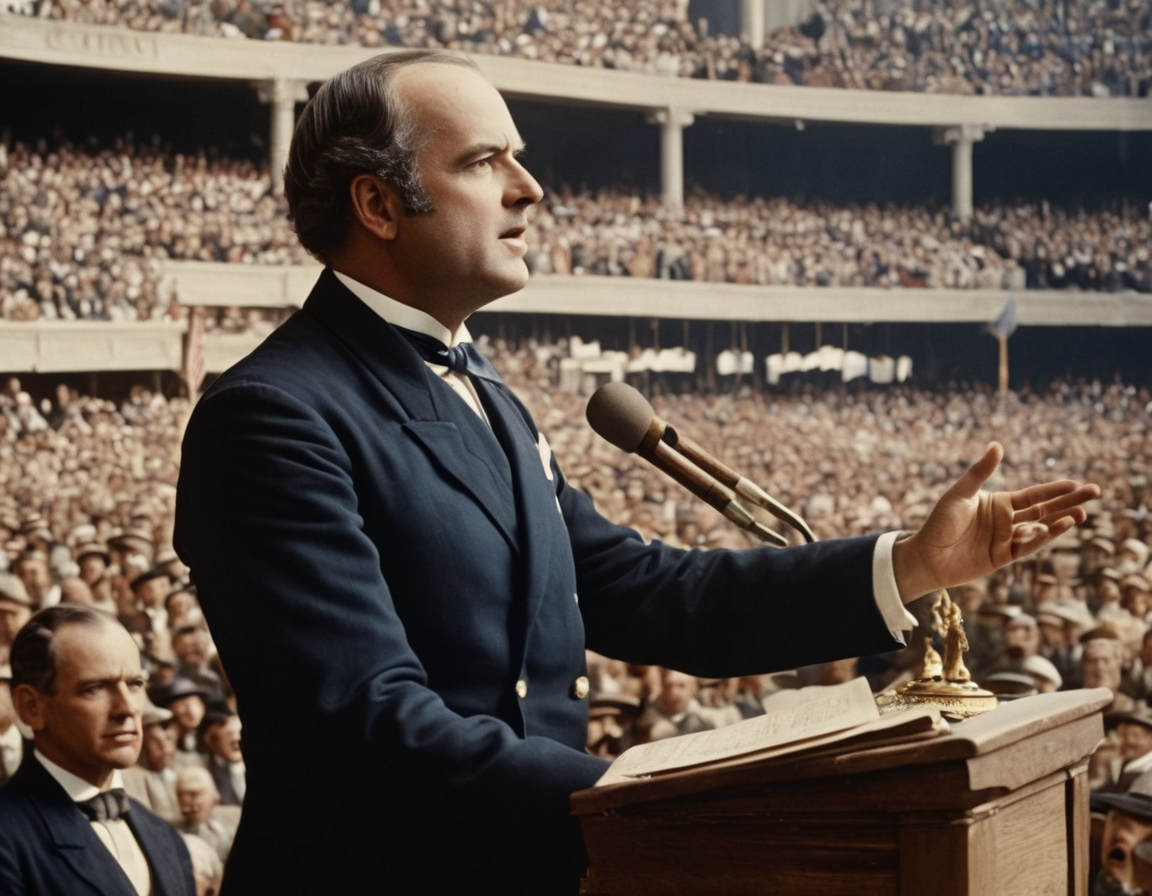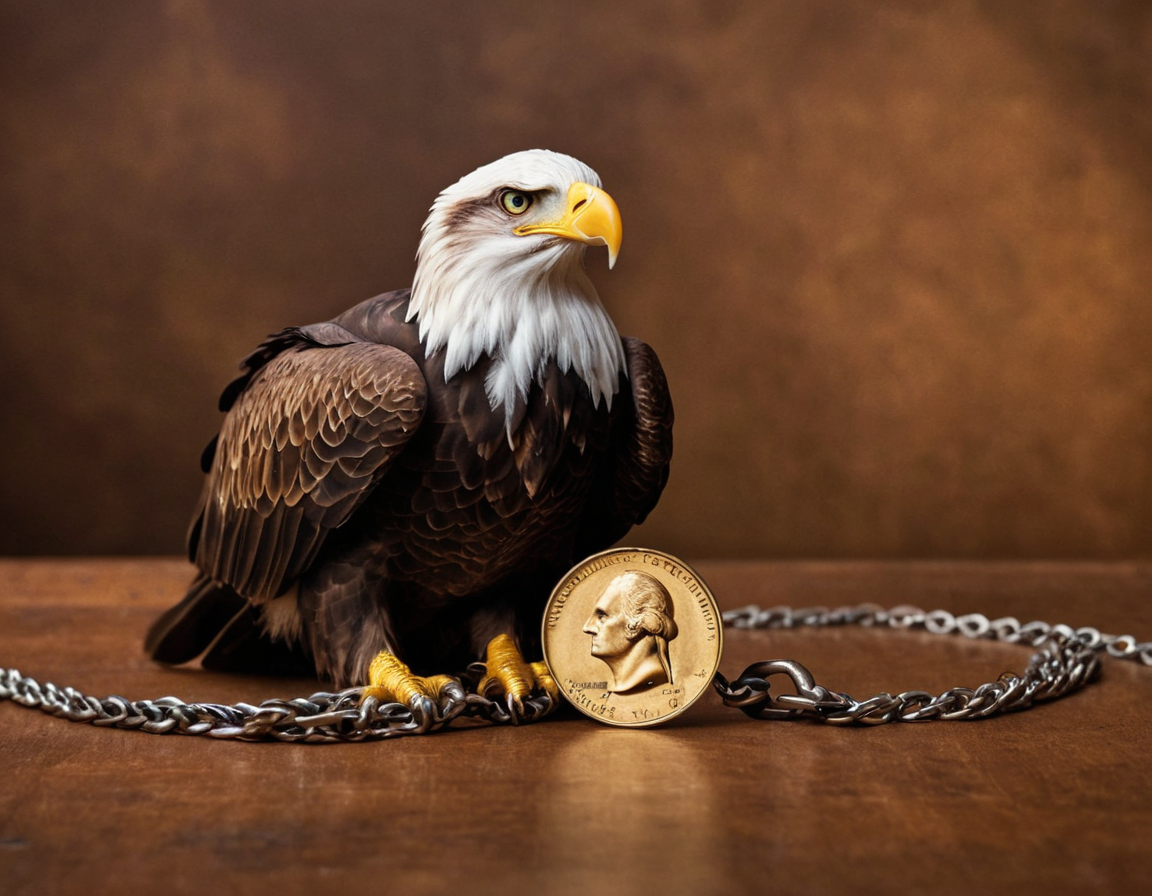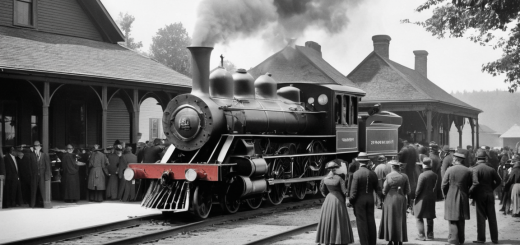William Jennings Bryan: The Great Commoner’s Legacy and Impact on Modern Politics
William Jennings Bryan: A Legacy of Passionate Advocacy
William Jennings Bryan, often known as ‘The Great Commoner,’ remains a towering figure in American political history. With his populist views, forceful oratory, and tireless advocacy for the common man, Bryan’s influence stretched far beyond his own era. As we navigate our current political landscape, a look back at his contributions reveals enduring lessons about the heart of American democracy.
Early Life and Political Ascent
Born in 1860, Bryan’s early life set the stage for his populist principles. Raised in a politically active family, he harbored a deep concern for social justice and equality from a young age.  His career swiftly ascended from lawyer to Congressman, where he championed causes like the free coinage of silver, earning him national acclaim.
His career swiftly ascended from lawyer to Congressman, where he championed causes like the free coinage of silver, earning him national acclaim.
Presidential Campaigns and the ‘Cross of Gold’
Bryan’s three bids for the presidency are perhaps what he is best known for. His 1896 campaign was marked by the iconic ‘Cross of Gold’ speech, advocating bimetallism as a remedy for economic distress. While unsuccessful in his presidential pursuits, his ideas and passion left an indelible mark on the American political psyche.
The Legacy Lives On
The spirit of Bryan’s campaigns can still be felt today. His dedication to the welfare of the ‘common man’ set a precedence in American politics, framing the narrative for future movements and leaders seeking to address economic disparities and social inequities. 
Conclusion: Remembering The Great Commoner
William Jennings Bryan’s impact on American politics serves as a stark reminder of the power of conviction and the role of a leader as a servant to the people. His legacy endures as we continue to confront similar challenges in our time.
Do you think current political leaders embody the same passion for social justice as Bryan did? Share your thoughts in the comments below.






